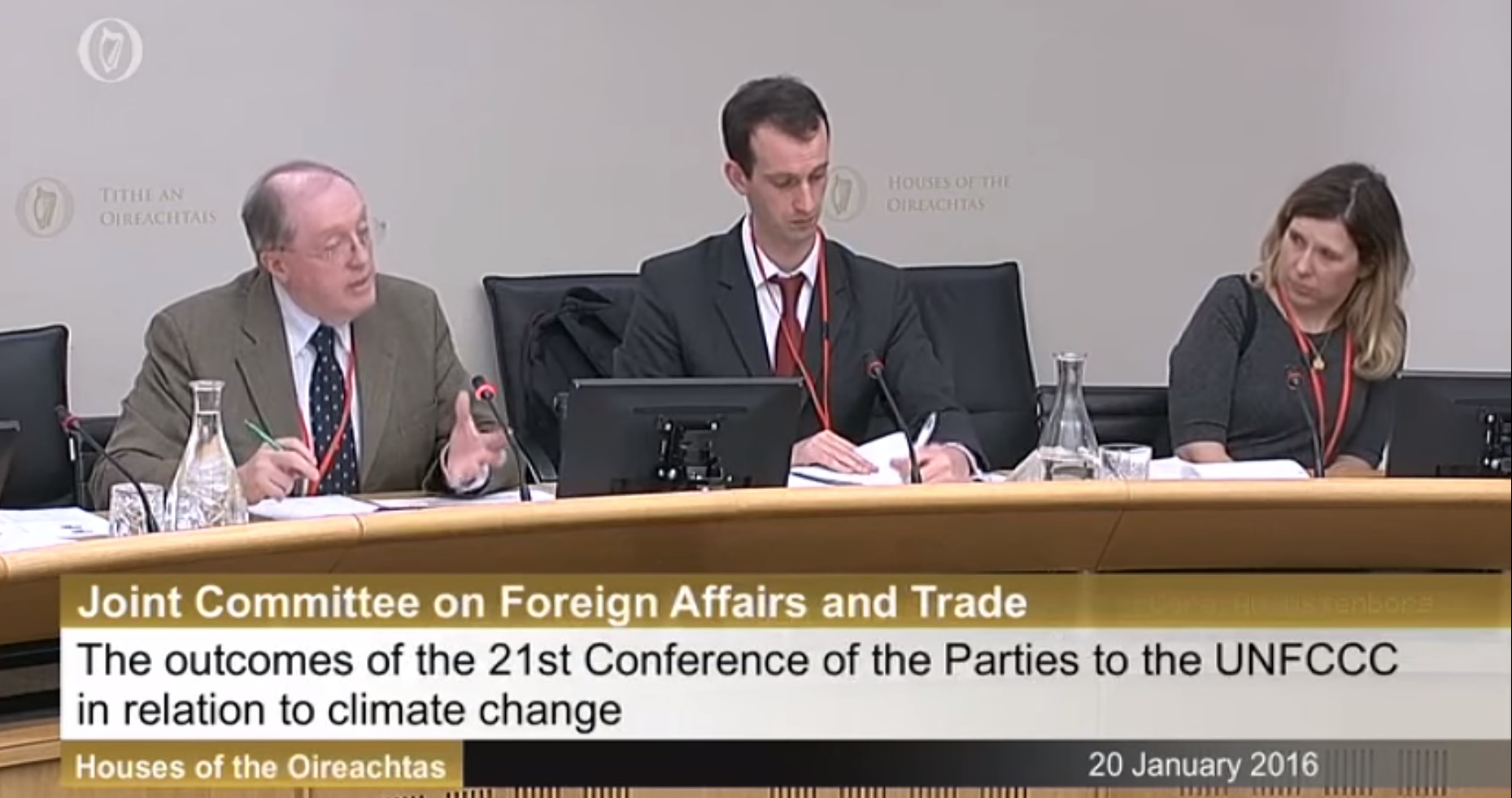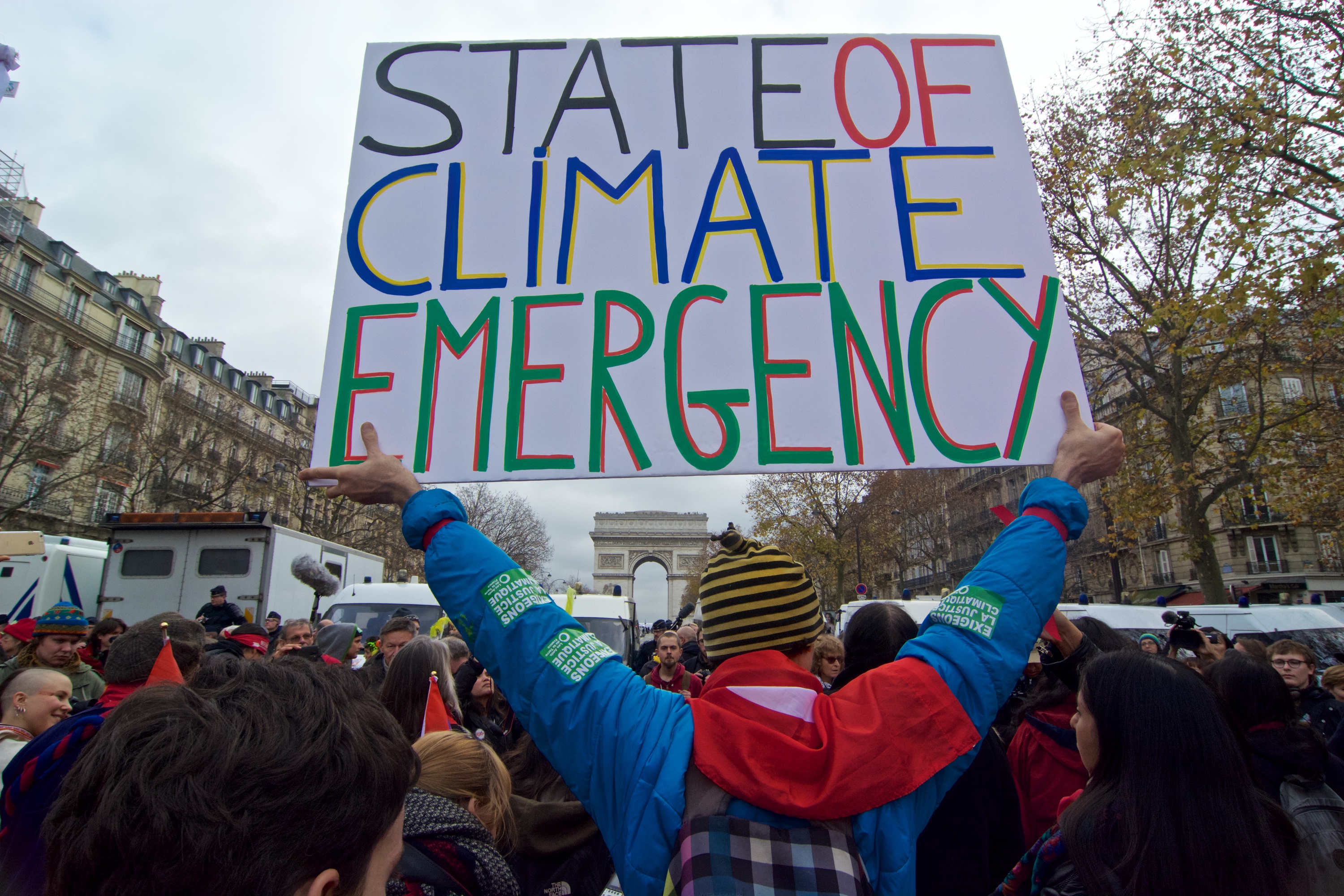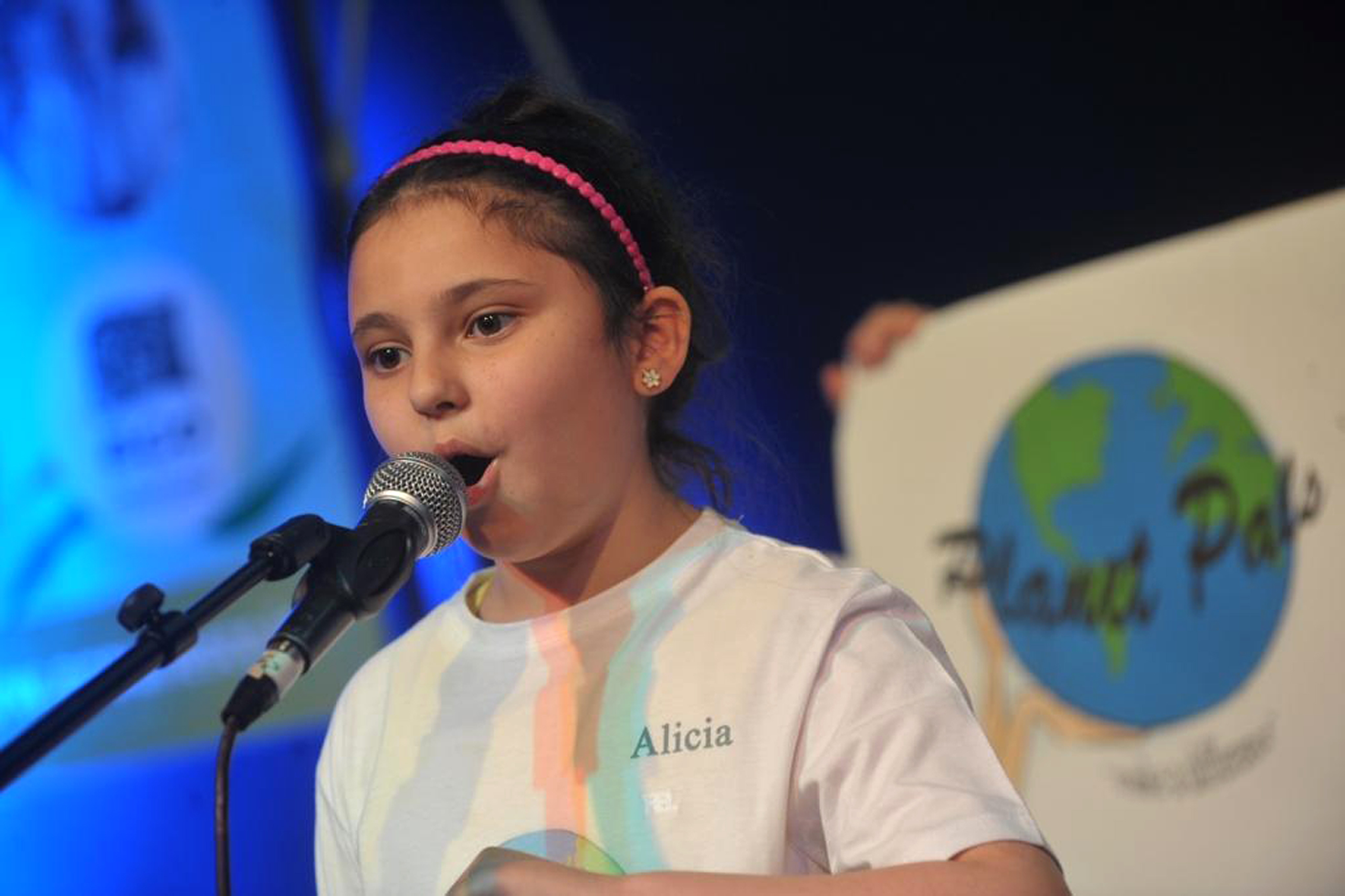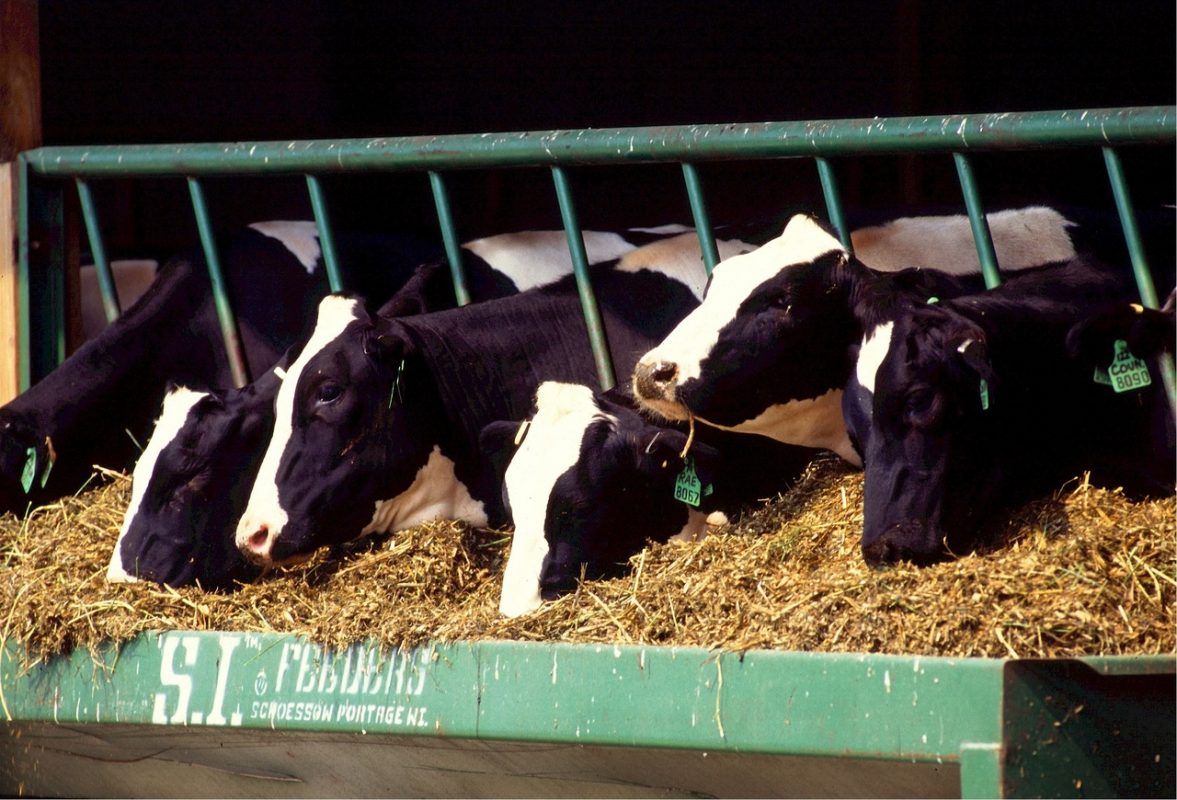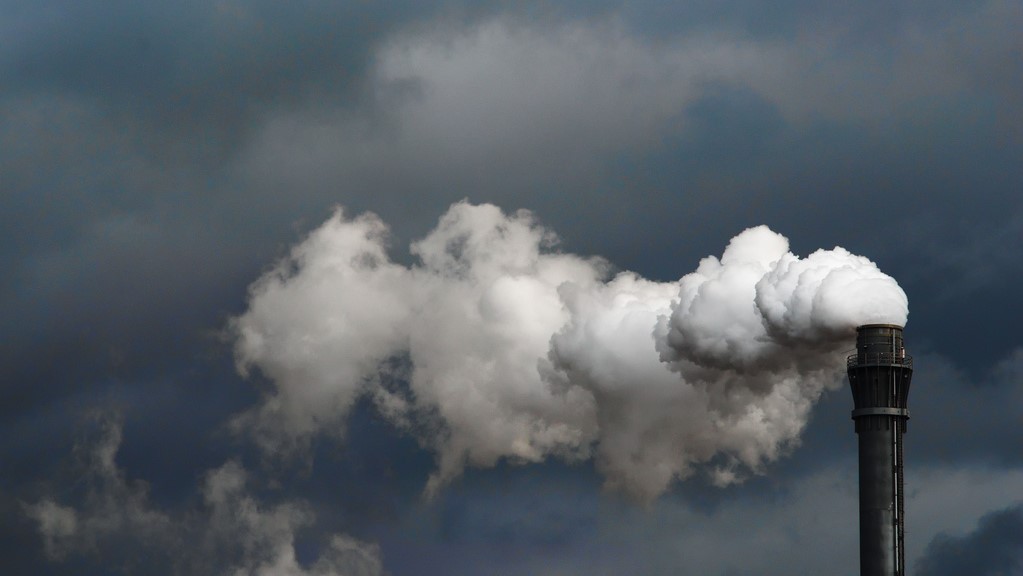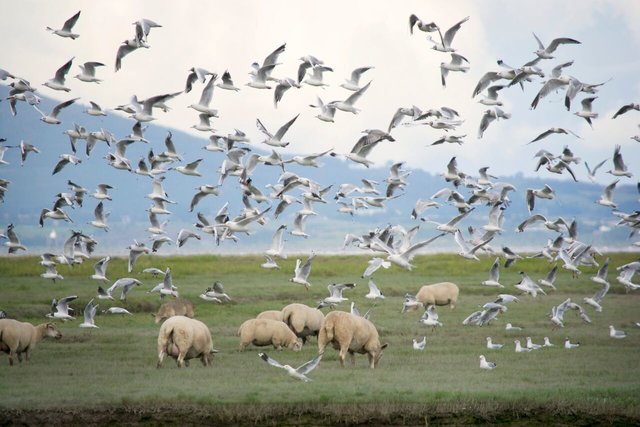Eating less meat crucial to prevent climate catastrophe, new study finds

Eating less meat is crucial to prevent a climate catastrophe, a new study has found.
The study in the journal Nature counts deforestation, water paucity and the accumulation of greenhouse gases released by livestock as some of the negative consequences of a high demand for meat.
Researchers behind the study told The Guardian that although there is no easy fix when it comes to climate change, reducing our intake of meat is a crucial step toward the right direction.
“There is no magic bullet, but dietary and technological change [on farms] are the two essential things,” Marco Springmann, who led the study told The Guardian.
“Hopefully they can be complemented by reduction in food loss and water,” he continued.
Researchers, however, have said that consumers do not need to lead a pure vegan or vegetarian diet to help out the earth. Rather, they have recommended a so-called “flexitarian” diet. The flexitarian diet involves the occasional consumption of meat and fish.
According to the scientists, reversing the adverse impact of meat consumption on climate change requires global citizens to eat 90 per cent less pork, 75 per cent less beef, and cut down on their consumption of eggs by 50 per cent.
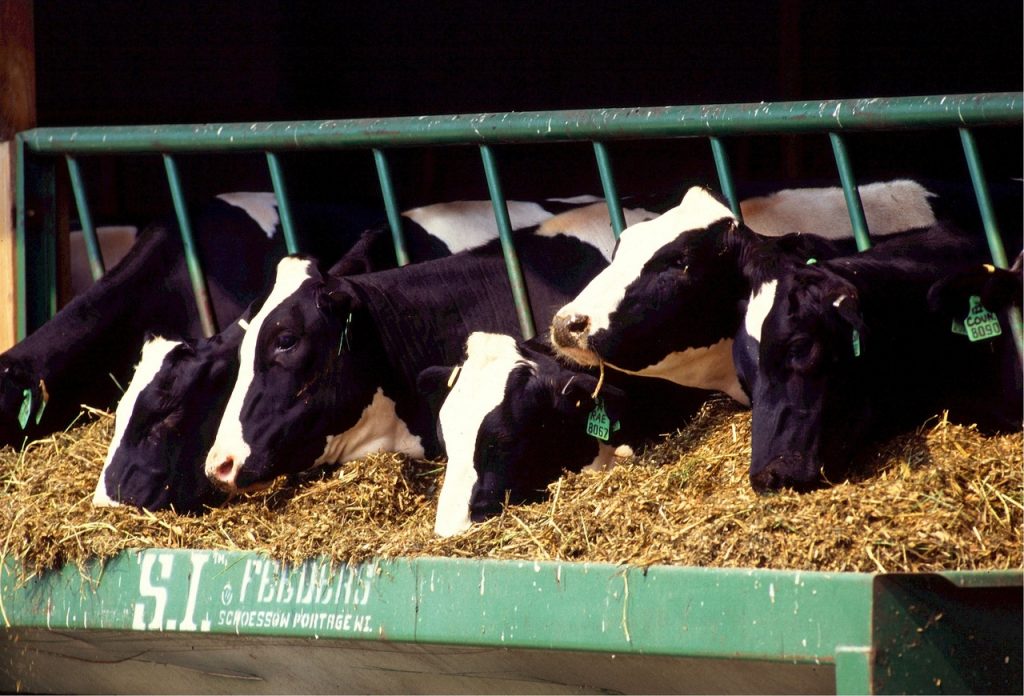
Cows eating fodder Photo: pxhere
Researchers have estimated that if each person would embrace a flexitarian diet, it would help cut down greenhouse gas emission by 56 per cent, and would reduce miscellaneous environmental impacts by 6 to 22 per cent.
Global meat consumption is growing at a worryingly fast pace with meat production increasing four or fivefold since 1961 to supply the insatiable demand.
The global food system has emitted about 5.7 billion tonnes of carbon dioxide in 2010, according to the study.
It has also claimed large amounts of cropland and fresh water in addition to using vast amounts of fertilisers containing hazardous material which often leads to chemical runoffs into the environment.
In 2015, the World Health Organisation (WHO) added processed meat to its list of 120 proven carcinogens alongside alcohol, asbestos and tobacco.
Researchers have claimed that if the global food system would contain its current status, there may not be enough food and fresh water left to sustain the projected global population of 10 billion people in 2060.
“If socioeconomic changes towards Western consumption patterns continue, the environmental pressures of the food system are likely to intensify, and humanity might soon approach the planetary boundaries for global fresh water use, change in land use, and ocean acidification,” researchers write in their report.
The study follows the recent release of a special UN report, in which researchers had estimated that we have only 12 years to halt global warming at 1.5°C .
They warned that failing to limit global temperatures would result in extreme weather events such as droughts, floods and unprecedented heatwaves.
[x_author title=”About the Author”]
